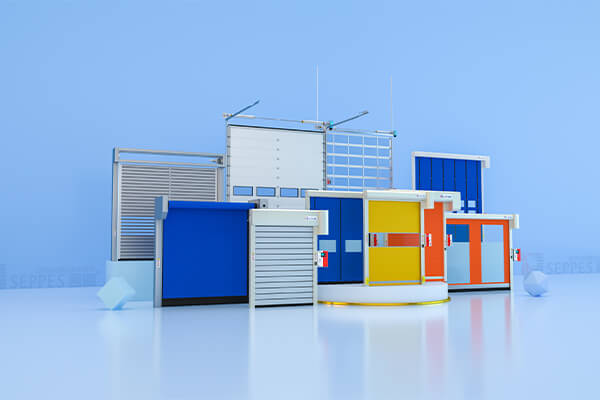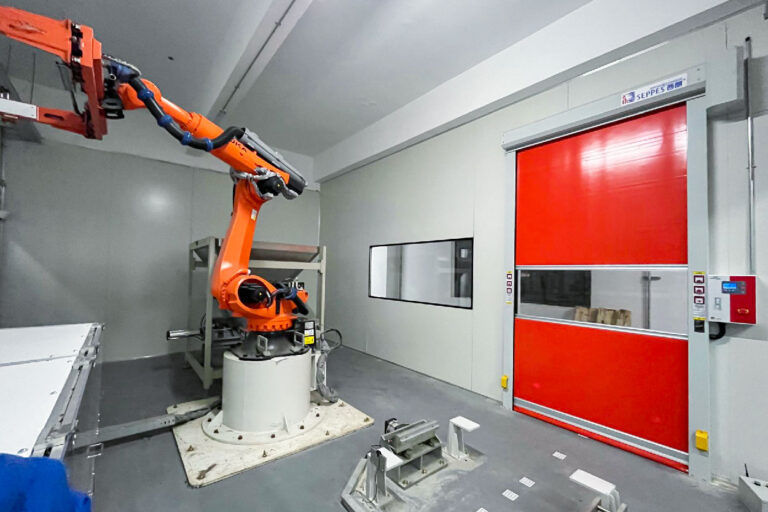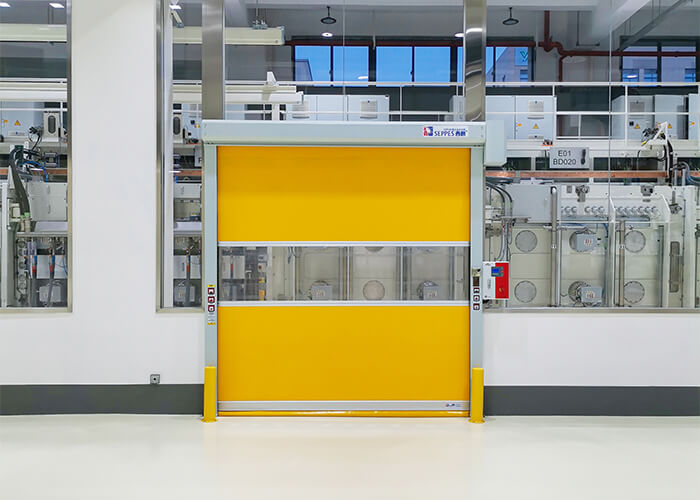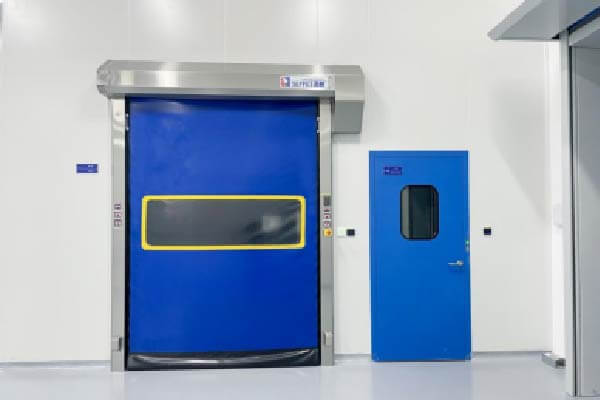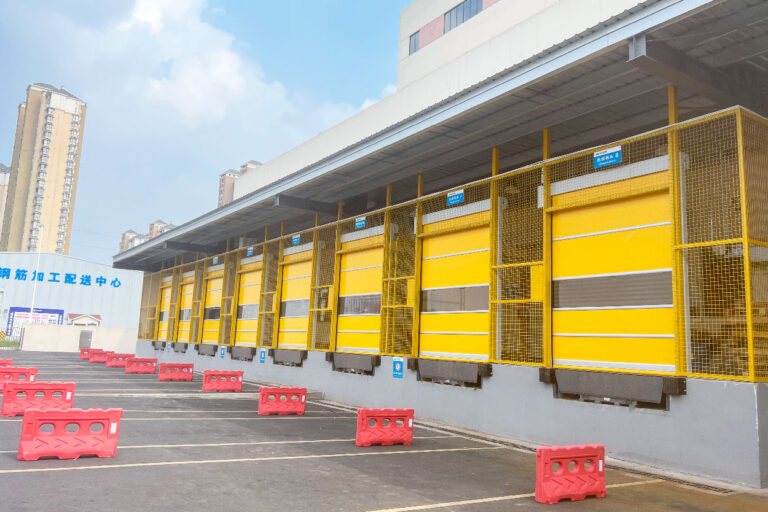In modern industrial and commercial facilities, door bodies are more than just a simple passageway; they are vital in ensuring safety, improving efficiency, and conserving energy. Industrial Building Doors are gaining attention as an important part of industrial facilities. Whether in manufacturing plants, warehouses, logistics centers, or storage facilities, industrial building doors undertake multiple tasks such as protecting goods, managing traffic flow, and regulating indoor temperature.
As technology advances, modern industrial building doors have seen significant improvements in design, function, and performance. Not only do they offer greater security and operational efficiency, but they also reduce energy consumption and help organizations lower operating costs. In this article, we’ll look in-depth at the different types of industrial building doors, their benefits, application scenarios, and how to choose the most appropriate door solution for your facility’s needs.
What are industrial building doors?
Industrial building doors are a vital part of modern industrial and commercial facilities. They are designed to handle the rigors of industrial environments such as manufacturing plants, warehouses, and storage facilities, providing high durability, security, and operational efficiency. Not only do industrial building doors excel in safety and functionality when compared to traditional door bodies, but they also increase efficiency and save energy.
Advantages of Industrial Building Doors
Provides security
Industrial building doors are usually made from materials such as high-strength steel or aluminum alloys to ensure that they provide strong security protection. Equipped with advanced locking systems, these doors are effective in preventing unauthorized entry, and keeping valuable equipment, goods, and people inside the building safe.
Increased efficiency
Modern doors for industrial buildings, especially those designed for high-frequency opening and closing, can dramatically increase efficiency. The rapid opening and closing of doors reduces the waiting time for entry and exit and is suitable for workshops, warehouses, and logistics centers to ensure smooth work and efficient production.
Energy efficiency
As the demand for energy saving increases, the design of industrial building doors increasingly focuses on thermal insulation performance. Insulated industrial doors can effectively reduce the exchange of hot and cold air and keep the internal temperature of the building stable, which is especially suitable for cold storage warehouses and temperature-controlled environments. By reducing the burden on air conditioning and refrigeration systems, these door bodies help to reduce energy consumption and costs.
Durability and low maintenance
The durability of industrial building doors allows them to cope with high-frequency opening and closing and harsh environmental conditions. Designed to be stronger and simpler than traditional door bodies, these doors have lower maintenance costs, reducing the frequency of repairs and replacements.
Types of Industrial Building Doors
There are various types of industrial doors available in the market based on different functional requirements. Here are a few common types and their application scenarios:
Sectional Doors

Sectional industrial building doors consist of multiple horizontal panels that slide and fold upwards. They provide excellent thermal insulation and are suitable for environments where temperature control and security need to be ensured.
Features:
Provide excellent thermal insulation and security features
Space saving and suitable for tight areas
Height can be customized
Application Scenario:
Warehouses: to ensure a safe and temperature-controlled environment in storage areas.
Production plants: Improve productivity and ensure equipment safety.
Rolling doors
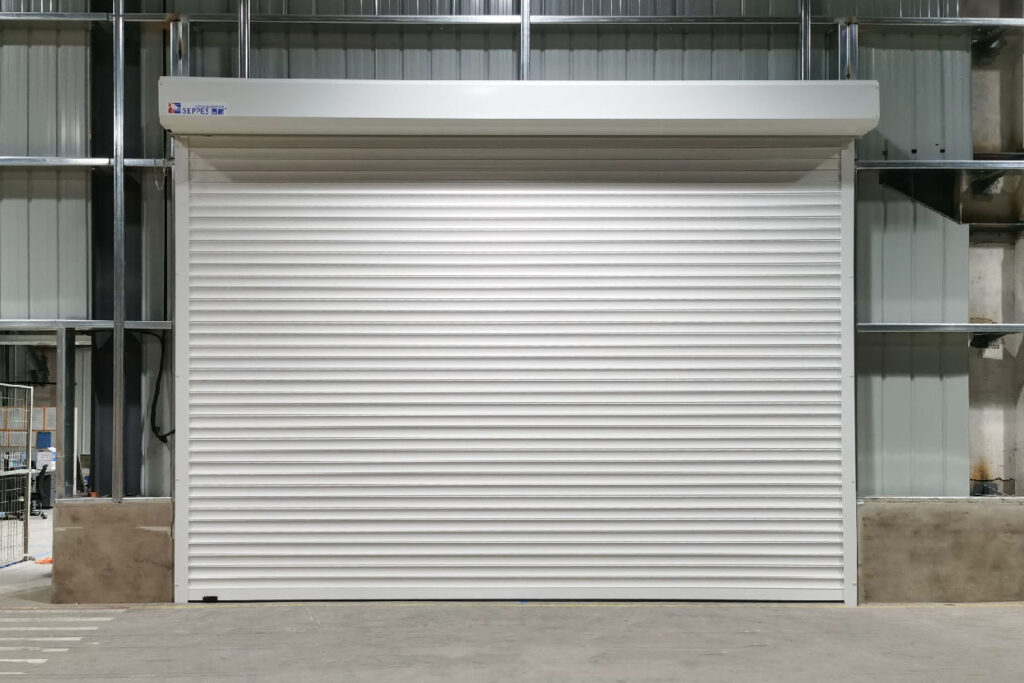
Roller shutter doors consist of metal sheets that can be rolled up and stored in rollers above the door body. They are suitable for environments with high-security requirements and can be opened and closed quickly, commonly found in service entrances and loading docks.
Features:
Strong and durable metal construction
Quick opening and closing for easy operation
Provides high security and anti-theft features
Application Scenario:
Loading and unloading terminals: provide fast and reliable access for cargo loading and unloading.
Service entrances: Provide additional protection for non-public areas.
High Speed Doors
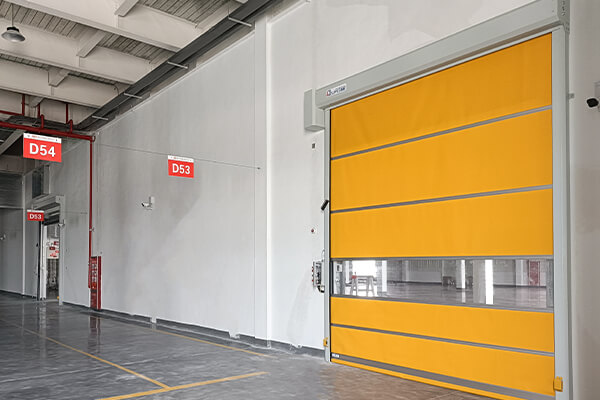
High-speed industrial building doors are designed for fast opening and closing and are particularly suited to production environments with high volumes of traffic. The door opens and closes quickly, effectively increasing efficiency and reducing energy loss when the door is opened.
Features:
High speed opening and closing for high traffic environments
Suitable for areas with frequent entry and exit
Equipped with automatic sensing function to enhance safety
Application Scenarios:
Food processing plants: Maintain clean environment and improve production efficiency.
Logistics centers: improve the efficiency of goods in and out, reduce the time of stagnation.
Fire-Rated Doors
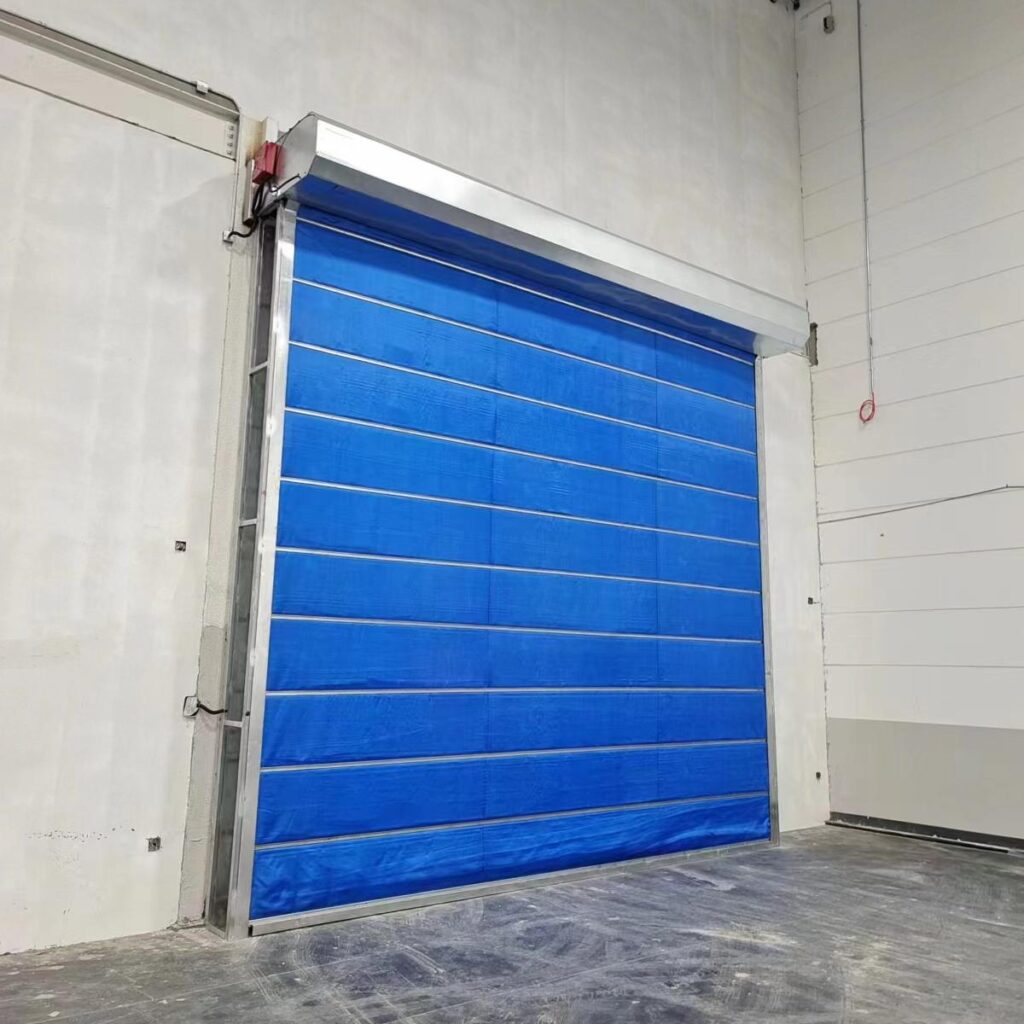
Fireproof industrial doors are made of fireproof materials that can effectively stop the spread of fire in the event of a fire, ensuring the safety of personnel and protecting property.
Features:
Made of fire-resistant material with good fire separation effect
Provide different levels of fire resistance hours
Conforms to relevant building safety regulations
Application Scenario:
Chemical plants: to prevent the spread of fire and protect plant facilities.
Data centers: Protect equipment from fire damage.
How to choose the right industrial building door
There are several key factors you need to consider when choosing the right industrial building doors:
Needs Analysis
First, defining your needs is the first step in choosing the right door body. Do you need to improve safety, increase efficiency, or optimize energy use? Different needs will determine the type of door body you choose.
Security considerations
If security is a primary concern, choosing a door body made of metal, such as a steel roller shutter or fire door, will provide a higher level of protection.
Energy efficiency and temperature control needs
For environments that require temperature control, insulated industrial doors can be effective in maintaining a stable temperature, reducing the burden on air conditioning and heating systems, which in turn reduces energy consumption.
Flow Requirements
If your facility has a high level of in and out traffic, choosing a high-speed industrial building door will allow for increased efficiency and reduced wait times for doors to open and close.
Compliance Requirements
Different industries may have different compliance requirements. For example, fire doors are often used in high-risk areas such as chemical plants and data centers to ensure fire safety.
Conclusion
Industrial building doors play an important role in modern industrial environments; they not only provide security but are also important in improving efficiency and reducing energy consumption. Choosing the right industrial doors not only improves efficiency but also reduces energy overhead and protects business assets. When making your selection, a combination of door types, functions, application scenarios, and budgets can ensure that you choose the most appropriate door solution for your facility.
Frequently Asked Questions (FAQ)
How long does an industrial building door last?
The lifespan of an industrial building door usually depends on the material, frequency of use, and maintenance. Typically, a regularly maintained door will last 10 to 15 years.
How can I improve the security of my industrial building door?
Choosing high-strength metal materials and advanced locking systems can greatly improve the impact resistance and anti-theft features of the door body. In addition, inspect the door body and security devices regularly to ensure they are functioning properly.
How to reduce the maintenance cost of industrial doors?
Regular maintenance and inspections are key to reducing maintenance costs. Checking the door motorization system, cleaning the tracks, and lubricating the mechanical parts can effectively prolong the service life of the door and reduce maintenance costs.
Are fire doors suitable for all industrial buildings?
Fire doors are suitable for all industrial buildings that require fire protection, especially those where flammable substances are stored, such as chemical plants and data centers.

